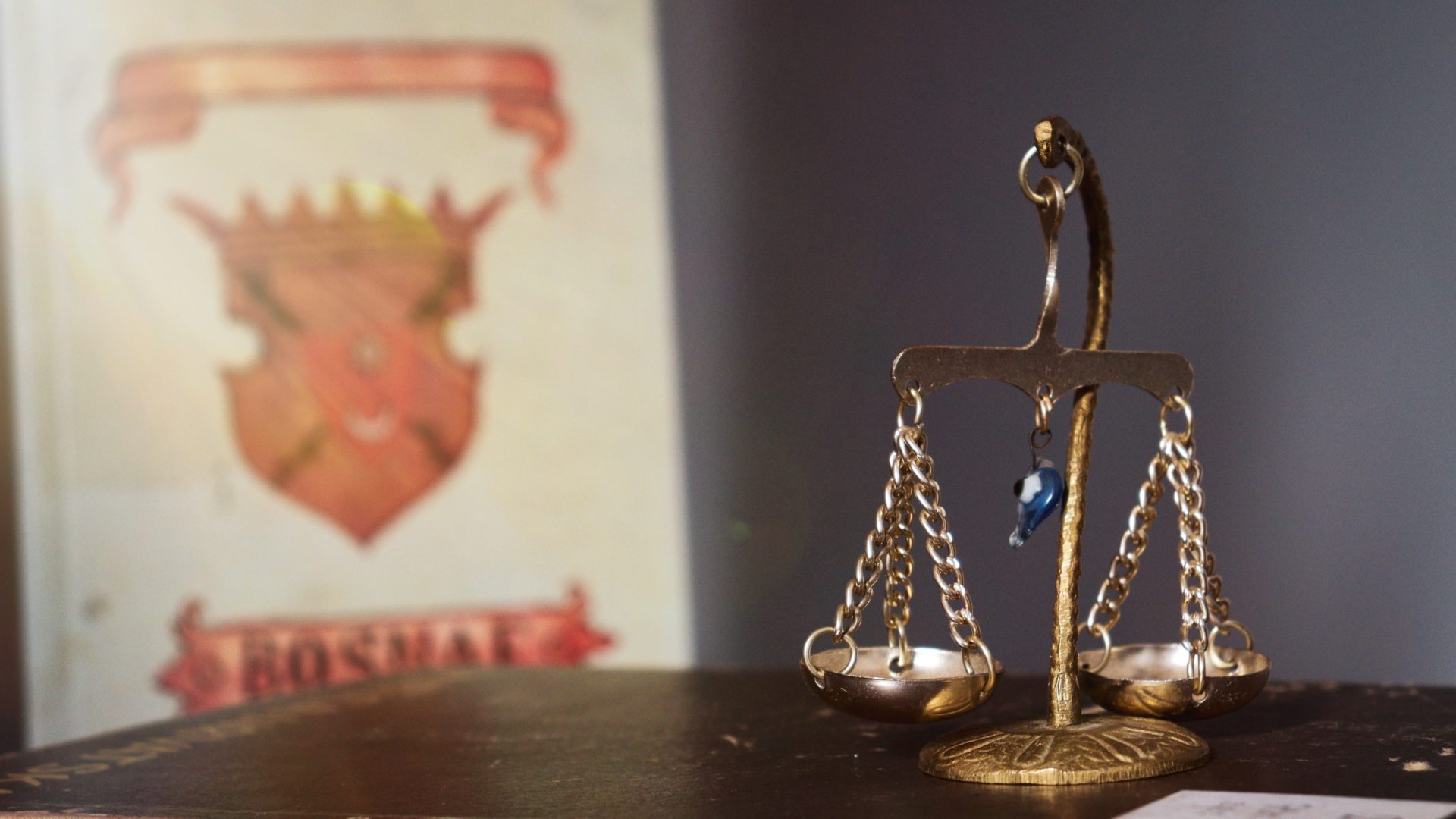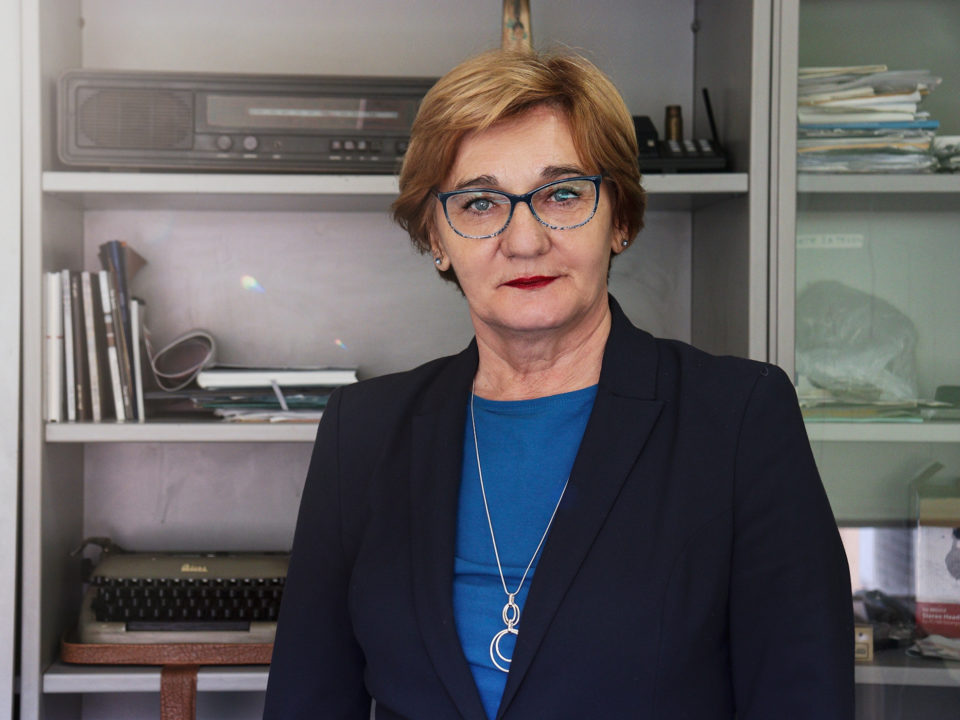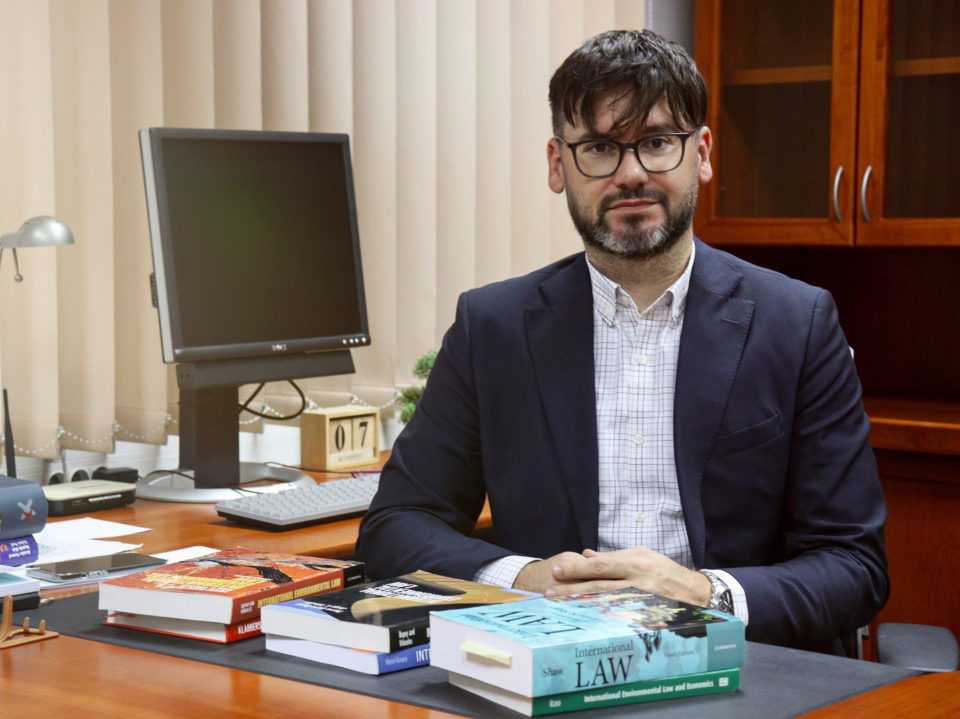
The media in Bosnia and Herzegovina (BiH) depends on public, partisan and government funding. Meanwhile BiH journalists lack institutional protection, and therefore need an improvement in the media legislative framework. This is what research shows, conducted among 80 journalists from across Bosnia and Herzegovina, of various ages and genders, working in print and electronic, private and public media.
The research was conducted for the publication “Integrity of Journalism and Media Transparency in Bosnia and Herzegovina” in 2021, authored by Prof. Dr. Enes Osmančević and Mr. Sc. Adis Šušnjara.
Media experts argue that enhancing the legal framework would provide the public with diverse and objective information and prevent the concentration of media ownership in the hands of a few actors.
Velida Kulenović, Vice President of the Association of BH Journalists, stated that in 2018 they drafted a Bill aimed at regulating media ownership transparency, information pluralism, and the advertising market. The draft was prepared by the Association of BH Journalists, the Press and Online Media Council, Mediacentar, and the non-governmental organization “JaBiHuEU”.
According to Kulenović, the proposed legislative solution would regulate media ownership transparency at all levels, with the aim of preventing conflicts of interest and media concentration.

“The State Ministry of Transport and Communications was supposed to propose this Bill for adoption, but I believe there was no political will. Unfortunately, this draft has been left on the shelf,” Kulenović laments.
In December 2023, the Ministry of Communications and Transport of Bosnia and Herzegovina, in a media statement, assessed that the draft represented a very high-quality starting point for further work that would lead to the final draft being submitted for adoption procedures by the Ministry. To date, this final submission has not taken place.
“This is not only imperative in the context of Bosnia and Herzegovina’s obligations on its European path but also a crucial element in achieving freedom of expression and media freedom in our country. The specific material provided to us also covers print media, which is certainly not within the Ministry’s jurisdiction,” stated the Cabinet of the Minister of Communications and Transport of Bosnia and Herzegovina in a statement to media.ba (2023).
The importance of adopting regulations on media ownership transparency, including a registry allowing insight into ownership structures, was also highlighted in the European Commission’s opinion on Bosnia and Herzegovina’s membership application in 2019.
Partially regulated public ownership
Professor Enis Omerović teaches International Law at the University of Zenica’s Faculty of Law. He explains that ownership of media in Bosnia and Herzegovina is currently partially regulated through the registration process of business entities. The full name, surname, and address of the legal entity owner is data recorded in the registries which are maintained by the courts.
Professor Omerović adds that partial regulation of media ownership is also reflected in the existence of the registry of the Communications Regulatory Agency (RAK), which issues licenses to users for audiovisual broadcasting. During this registration process, there is an obligation to notify RAK of any changes in the original ownership.

“According to Article 22 of Regulation 77/2015 on the provision of audiovisual media services, any change in the original ownership of a license holder exceeding five percent must be reported to RAK,” Omerović says.
RAK’s registry is public and accessible on its official website.
Unlike RAK, which is responsible for radio and television, printed media are under the jurisdiction of entity-level authorities who register them in the “Register of Public Journals”.
The registries of printed and online media are published on the website of the Press and Online Media Council in Bosnia and Herzegovina, a non-governmental organization (NGO) by legal status. Its NGO status means that it lacks the jurisdiction to legislatively regulate media ownership transparency, the provisions of which would become legally binding for all printed media in Bosnia and Herzegovina. Currently, the NGO can solely serve an advisory role.
According to the Draft Law on Media Ownership Transparency, data on direct and affiliated owners of electronic media would be included in the registry of the Communications Regulatory Agency (RAK), while the same data for printed media and portals would be recorded in the registry of the Press and Online Media Council.
Online media remain outside the legal framework
The number of media portals in Bosnia and Herzegovina is continually increasing. In the 2021 research “Mapping of Media Portals in BiH” by the Center for the Promotion of Civil Society, 615 media web portals were found in Bosnia and Herzegovina. The study emphasized that this number is not final due to the dynamic, insufficiently visible, and non-transparent nature of the media portal landscape. Of these 615 media web portals, the research determined that only 167 have a complete imprint containing information about the founder, editor-in-chief, and contact details.
On the website of the Press and Online Media Council of Bosnia and Herzegovina, a list of just 63 online media portals in BiH is provided.
Kulenović believes that there are over 500 online media portals, and for many of them, the ownership is unknown, and thus unfortunately serve political purposes. “It would be beneficial to regulate this issue as soon as possible,” she added.
Journalist Nedim Pobrić, who authored the research paper, “Transparency of Media Ownership in Bosnia and Herzegovina”, in collaboration with the Association of BH Journalists, stated that no one has an exact number of online media portals in BiH. For a large number of them, information about ownership structure, funding sources, and employees is completely unknown.
“Online media with a national domain (ba) offer a certain level of transparency, thanks to data provided by the University Informatics Center responsible for that domain. On their website, it was possible to ascertain ownership of each page under the national domain, although these details do not provide a comprehensive insight into the existence of indirect or affiliated owners,” states Pobrić’s research paper.
However, following the implementation of the .ba domain name registration system, and upon the order of the Personal Data Protection Agency dated December 29, 2020, access to personal data on the University Informatics Center’s website has been restricted.
Pobrić emphasizes that the Law on Transparency of Media Ownership should encompass all media sectors, as well as related sectors such as agencies involved in audience measurement for viewership, listenership, and readership.
The Law on Transparency of Media Ownership should also include provisions for the establishment of a Media Support Fund, which, as Kulenović affirms, would promote the growth of independent media in Bosnia and Herzegovina as well as invest in protecting independent media from external pressures.
Kulenović emphasizes that it is crucial for this law to be effective and adds that its development should involve consultation with the media community and relevant associations.






